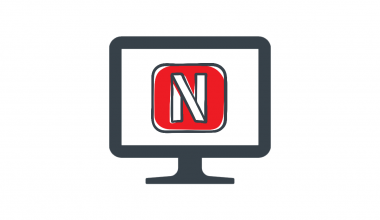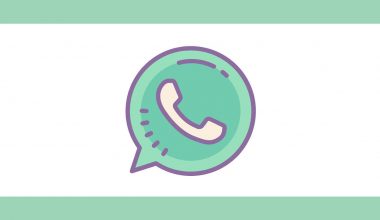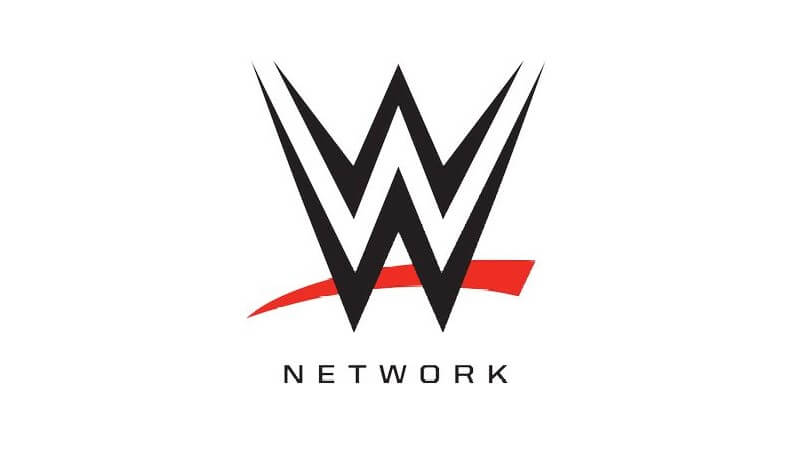Surfing the web is no more only a way to kill time — it is also the place where we go to work, study, explore topics that interest us, keep in touch with friends and family, listen to music, watch our favorite movies, TV shows, even play games, and interact with others in countless different ways.
However, while the internet provides us with infinite new possibilities, it also comes with numerous new dangers. You have hackers looking to steal your data, scammers trying to trick you out of your money, governments and their agencies monitoring your activities, and much more.
These dangers have been growing — not only in number but also in severity — for decades now. While the hackers are locked away in an infinite war with online security researchers, who are inventing new protection methods and patches for known threats, you cannot rely on them to keep you safe from online surveillance.
Instead, you need to make a move yourself, unlock your internet’s true potential, and hide what you are doing online from everyone. This may sound complicated to you, and if you are not tech-savvy, you might be intimidated by it. However, it is really easy to do, and all you require is a good, strong VPN.
What is a VPN?
VPNs, or Virtual Private Networks, are online privacy, anonymity, and security services that allow you to browse the web and do all kinds of different things in a safe way.
If you use a VPN, no one will know who you are, where you are from, or what you do while online. Well, you might still reveal your identity by connecting to your social media account, but if you play it smart — you can be completely invisible and anonymous.
Best of all, you don’t need extensive technical knowledge to use them — VPNs come in the form of apps where the only thing you need to do is hit a single button.
How do VPNs work?
The first thing to understand is that there are many different VPN services out there. Since the awareness of online dangers had increased, people around the world started looking for ways to protect themselves. As a result, countless new VPNs emerged, all promising to provide you with the best protection.
However, that is not always true, and VPNs differ in terms of what security features they offer, and how strong their security features are. However, there are three core technologies that every VPN has, and without them, it wouldn’t be a real VPN. In other words, there are three security features that define VPN — security protocols, encryption, and server networks.
Now, some VPNs use better versions of these features; others use those of lesser quality. Some have extra features; others do not. But, every VPN has these, as they are what makes you safe online.
Security protocols
Security protocols are one of the three main characteristics of every VPN, and they are used for keeping your web traffic hidden from view. The way they function is pretty similar to understand — they create a tunnel for your traffic to flow through. That tunnel hides it from view and prevents online surveillance agencies, hackers, or even your Internet Service Provider (ISP) from monitoring your actions.
Everything that you do while using a VPN is known only to you, which is why this feature is one of the most important ones.
Encryption
Another of the most important features of VPN technology is encryption. Encryption is also used to protect your traffic but in a different way. Where security protocols hide your traffic from view, encryption encrypts it, meaning that it makes it unreadable for anyone who manages to see it.
This can be considered a second layer of security, which is used just in case your traffic starts to leak, or that the security protocol malfunctions and someone manages to collect some of your data. With encryption in place — they won’t know what they are seeing.
Server network
Finally, the last of the three most important features of VPN technology is a server network. Server networks function in a curious way, and their role is to make you anonymous online. To understand how this works, you should first know how online services know who you are and where you are from in the first place.
The answer is — because of your IP address. You have probably heard of IP addresses before, but if you didn’t know what they are — these are online addresses that each of us has. They are unique, and they consist of numbers that are significant, as they can reveal your location and other information.
This is why websites scan it as soon as you try to enter them so that they would know whether or not you are located in the area that should be allowed to access their content. So, in order to hide your identity and location, your IP address needs to be hidden.
This is what VPNs do and where their server networks play a large role. You see, when you connect to the internet, you are doing so through a server owned by your ISP. Your ISP records your online actions, and it provides you with an IP address.
Well, VPNs have their own servers located in various countries around the world. Each server has its own IP addresses, which are tied to the server’s physical location. So, if you live in the US, and you connect to a server in France — you get a French IP address, while your real one remains hidden. Also, your traffic no longer goes through ISP-owned servers, so they don’t get to record and see your online actions.
And, thanks to the fact that you now have an IP that online services see as French-based — you can access all of the online content that is available to a typical citizen of France, even if it is not available to those living in the US.
This works in pretty much the same way for any country where your VPN of choice has servers, so the more servers a VPN has — the more content you get to access. This is very useful these days when geo-restrictions and online censorship dominate the web. Online laws are getting more and more strict, and governments and ISPs tend to block hundreds of websites for whatever reason.
How to choose a good VPN?
As mentioned before, VPNs tend to differ from one another and provide additional security features, depending on the provider. It is in your best interest to choose the best one available, but how do you know which ones are good?
Well, we have already mentioned that the best VPNs have access to many servers in many countries, but that is not all. You also need to choose a VPN that won’t record your data or at least one that will delete all of it as soon as you disconnect from their server. You can know which VPNs do this by checking their privacy policies, which are their official documents that describe their service.
Next, you need a VPN that uses the strongest security protocols, such as OpenVPN. Strongest encryption is also a very important feature, and that is currently 256-bit AES encryption, which was never cracked since it was invented. Other than that, the more security features a VPN has — the better.
You also want a VPN that is not too expensive. This may depend on your own financial situation and preferences, but you should know that the average monthly fee for using a VPN is between $10 and $13. If you choose longer plans, you will often receive a discount on a monthly basis, although you will have to pay full price at once, instead of paying per month.
Finally, you should choose a VPN that is not located in a country with strong surveillance laws, and especially not in a country that is a member of the 5/9/14 Eyes surveillance alliance. Members of the alliance include the US, the UK, Canada, Australia, New Zealand. The Netherlands, France, Denmark, Norway, Belgium, Italy, Germany, Spain, and Sweden.
This leaves you with a rather long checklist, but there are a lot of things to consider if you wish to truly browse the web anonymously.
While there are free VPNs out there, we recommend not using them, as they either have weak security features, slow speeds, and small server networks, or they might record your data and sell it to advertisers, the government, or anyone else who offers them money in exchange. Not to mention that there are plenty of free VPNs that are actually malicious and owned by hackers and scammers. It is best to use a well-known, trusted premium service and be at ease.
Conclusion
Being truly anonymous on the internet is a very difficult thing to achieve these days, but it is still possible if you use a good, strong VPN. There are many VPN services to choose from, which makes it difficult to find a good one. However, if you follow some of the pointers that we provided, you should be able to find a satisfying solution relatively easily. At the very least, you will know what to avoid, and how to assess whether or not a certain VPN is a good option.






